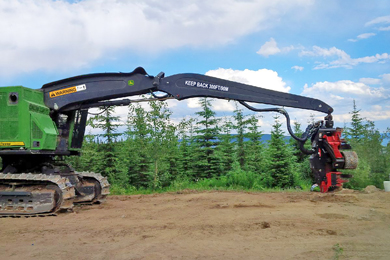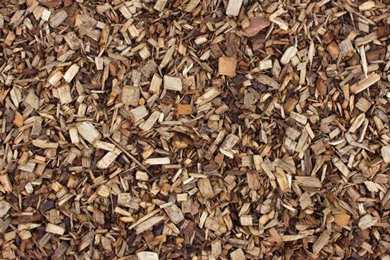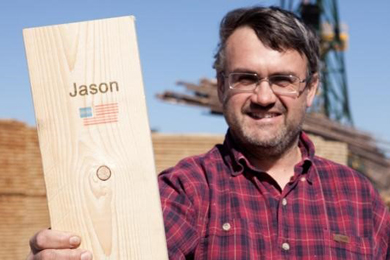The U.S. Department of Commerce announced the affirmative final determinations of the antidumping duty (AD) and countervailing duty (CVD) investigations of imports of softwood lumber from Canada.
While significant efforts were made by the United States and Canada, and the respective softwood lumber industries, to reach a long-term settlement to this on-going trade dispute, the parties were unable to agree upon terms that were mutually acceptable, said Commerce Department in a statement. As a result, the investigations were continued and Commerce reached its final determinations.
“While I am disappointed that a negotiated agreement could not be made between domestic and Canadian softwood producers, the United States is committed to free, fair and reciprocal trade with Canada,” said Secretary Ross. “This decision is based on a full and unbiased review of the facts in an open and transparent process that defends American workers and businesses from unfair trade practices.”
The Commerce Department determined that exporters from Canada have sold softwood lumber the United States at 3.20% to 8.89% less than fair value. Commerce also determined that Canada is providing unfair subsidies to its producers of softwood lumber at rates from 3.34% to 18.19%.
As a result of Nov 2nd decision, Commerce will instruct U.S. Customs and Border Protection (CBP) to collect cash deposits from importers of softwood lumber from Canada based on the final rates.
In 2016, imports of softwood lumber from Canada were valued at an estimated $5.66 billion.
The petition was filed on behalf of the Committee Overseeing Action for Lumber International Trade Investigations or Negotiations (COALITION), which is an ad hoc association whose members are Plywood filed the case on behalf of its individual members: U.S. Lumber Coalition, Inc. (DC), Collum’s Lumber Products, L.L.C. (SC), Hankins, Inc. (MS), Potlatch Corporation (WA), Rex Lumber Company (FL), Seneca Sawmill Company (OR), Sierra Pacific Industries (CA), Stimson Lumber Company (OR), Swanson Group (OR), Weyerhaeuser Company (WA), Carpenters Industrial Council (OR), Giustina Land and Timber Company (OR), and Sullivan Forestry Consultants, Inc. (GA).
The U.S. Lumber Coalition said it supports this development as it will proportionally counter the unfair subsidies that the Canadian government provides its lumber industry in abuse of U.S. trade laws. “We are pleased the U.S. government is enforcing our trade laws so that the U.S. lumber industry can compete on a level playing field,” said U.S. Lumber Coalition Co-Chair and Co-President of Pleasant River Lumber Company, Jason Brochu.
“The massive subsidies the Canadian government provides to their lumber industries have caused real harm to U.S. producers and their workers. With a fair-trade environment, the U.S. industry, and the 350,000 hardworking men and women who support it, have the ability to grow production to meet much more of our country’s softwood lumber demand.”













